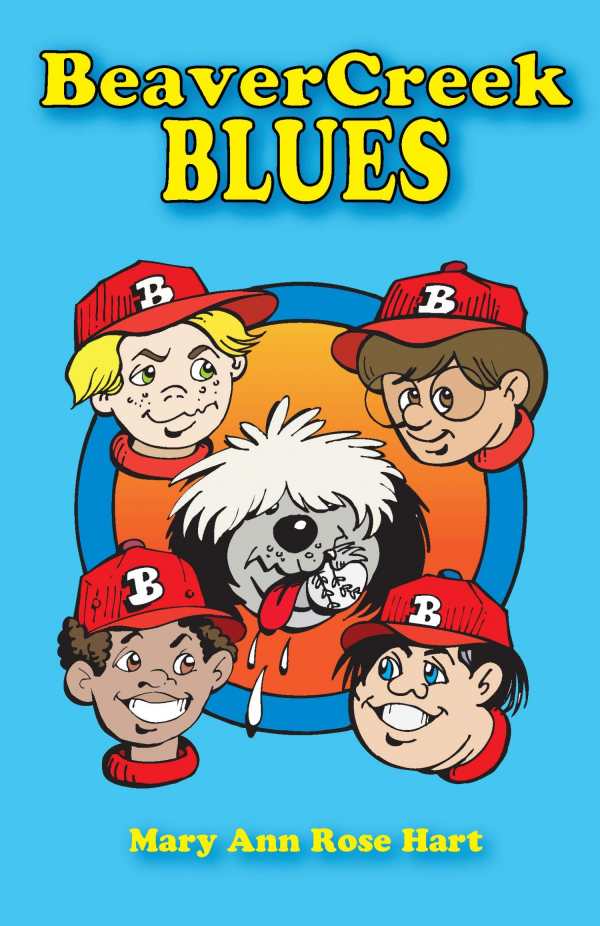Beaver Creek Blues
This is quiet, thoughtful historical fiction that brings the America of the 1950s to life.
Mary Ann Rose Hart’s Beaver Creek Blues is a nostalgic coming-of-age story that is rich in period details, including big issues from segregation to polio.
Going on twelve years old, Willie is a self-described “Jelly Belly” in the 1950s rural South. He loves baseball, and he grapples with family challenges and bullies in the year before he enters sixth grade. Hart vividly recreates his setting—a time when a Coca-Cola was considered a healthier pregame drink than a glass of milk.
Willie, the narrator, and his circle of friends are consumed with baseball and school. Each chapter relates a meaningful episode in their lives and ends with a journal entry by Willie reflecting on the deeper meaning of preceding events. These entries generally arrive at an insight that broadens Willie’s view of the world.
While this format is somewhat contrived, Willie’s observations touch upon universal truths using child-friendly imagery, especially from baseball. An appended list of “Observations About Life As Seen Through the Eyes of a 12-year-old Boy” recaps these lessons, like “ A leader leads by example” and “Not every boy has a family like … mine. Every boy should.”
In contrast to Willie’s entries are frequent instances of distracting Southern dialect, which makes reading more of a challenge and risks making caricatures of important characters.
The big issues that Willie, his baseball team, and his family members face are handled with sensitivity and optimism. Willie and his friends channel their heroes Pee-Wee Reese and Jackie Robinson when their black friend Chris is initially excluded from their baseball team despite his abilities, but there isn’t a deep look into the situation from Chris’s perspective.
The young boys deal with situations that provoke horror and grief with the same optimistic pluck that carries them through other episodes, setting a safe and cozy tone without delving deeply into issues.
In his last journal entry, Willie reflects “I know now that life is going to be full of hits and strikeouts.” It’s an important epiphany, and one that will resonate with middle grade readers approaching adolescence.
Quiet, thoughtful historical fiction suited for middle grade readers, Beaver Creek Blues has the potential to spark important intergenerational discussions in homes and classrooms about the politics of the 1950s and beyond, and would make a great read-aloud for baby boomers to share with the young people in their lives.
Reviewed by
Carolyn Bailey
Disclosure: This article is not an endorsement, but a review. The publisher of this book provided free copies of the book and paid a small fee to have their book reviewed by a professional reviewer. Foreword Reviews and Clarion Reviews make no guarantee that the publisher will receive a positive review. Foreword Magazine, Inc. is disclosing this in accordance with the Federal Trade Commission’s 16 CFR, Part 255.

